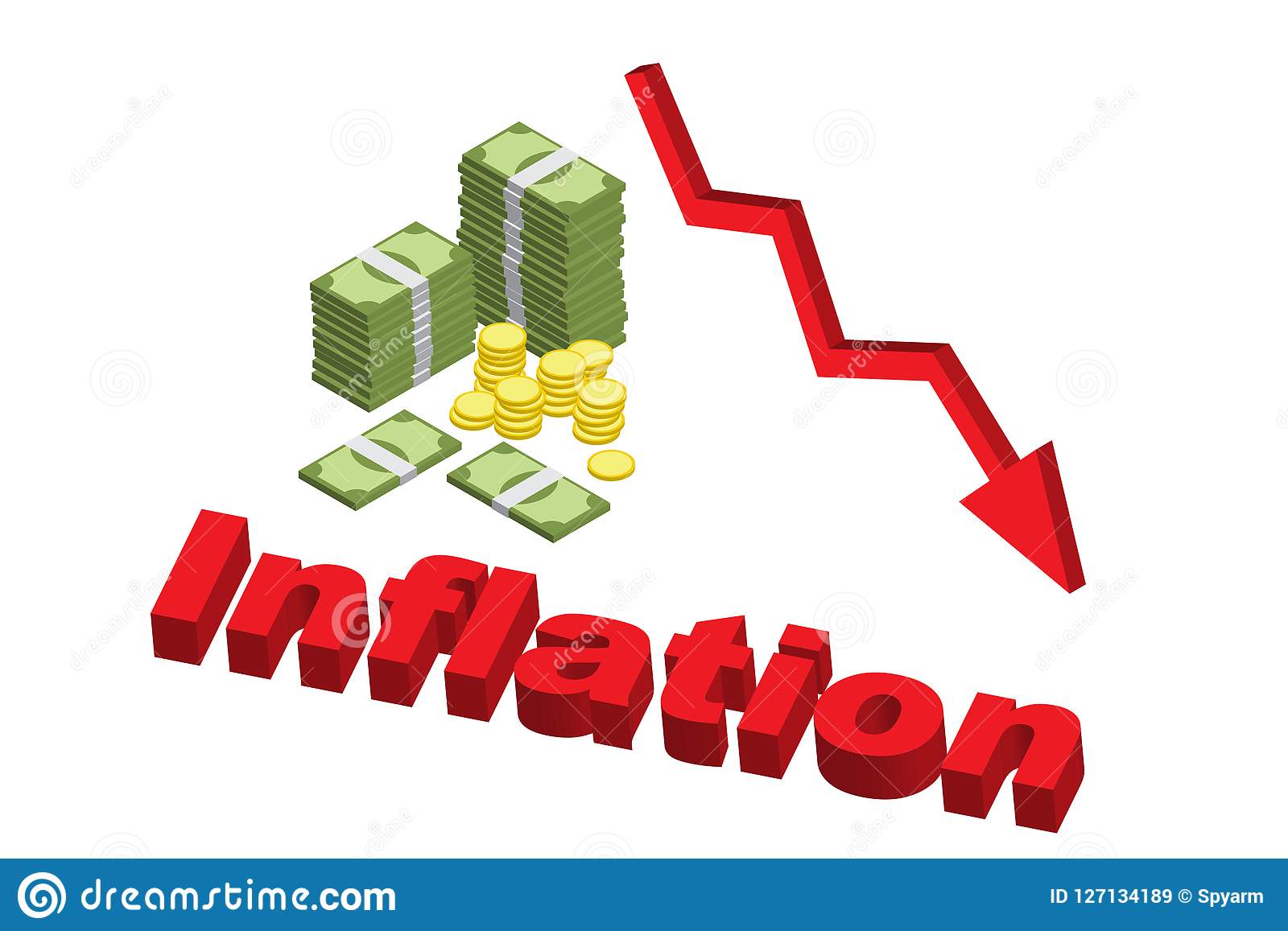Finance
CBN Takes Credit for Rising but Slowing Monthly Inflation Rate
Published
2 years agoon

The Central Bank of Nigeria (CBN) has stepped forward to take credit for the slowing month-on-month inflation rate that sustained the third consecutive month in May.
The apex bank describe the development as the clearest indicator yet that its monetary policy tightening measures enacted this year are yielding the intended result.
Read Also:
Headline inflation decelerated in May to 2.14% from a month earlier, slowing from 2.29% in April and 3.02% in March, according to the National Bureau of Statistics (NBS).
The monthly inflation trend underscores conviction from members of the CBN’s Monetary Policy Committee (MPC) that a combination of tighter monetary policy and appropriate coordinated fiscal measures from the federal government will prove effective in arresting the sharp increase in the cost of living that has afflicted Nigerians since the aftermath of the Covid epidemic.
While year-on-year inflation has continued to inch higher, it is the monthly numbers that are the all-important indicators isolating the impact since the CBN began raising interest rates in February this year.
“Slowly but surely, the inflation tide is turning,” said deputy governor, economic policy directorate at the CBN, Muhammad Sani Abdullahi.
He added that while the numbers are not yet uniform for all measures, such as year-on-year across the entire country, the CBN would continue to work diligently with coordinated policy measures to ensure that the worst of the inflationary cycle is behind us in the nearest future.
Year-on-year inflation slowed in May for 13 Nigerian states, including Abuja, Akwa Ibom, Borno, Cross River, Delta, Katsina, Ondo, Oyo and Rivers. The month-on-month inflation rate decline, which is nationwide, is reflected in a slowing pace of price rises for some food staples.
CBN Governor Olayemi Cardoso made tackling inflation his paramount mission as the essential path to achieving sustainable economic growth in the mid-to long-term and improving the standard of living for ordinary people.
Share this:
- Click to share on X (Opens in new window) X
- Click to share on Facebook (Opens in new window) Facebook
- Click to share on WhatsApp (Opens in new window) WhatsApp
- Click to share on Pocket (Opens in new window) Pocket
- Click to share on Telegram (Opens in new window) Telegram
- Click to email a link to a friend (Opens in new window) Email
- Click to share on LinkedIn (Opens in new window) LinkedIn
You may like


Nigerian Banks Set New Target to Respond to Frauds


NCC, CBN Introduce 30-Second Refund Rule for Failed Airtime and Data Purchases


Nigeria’s Inflation Moderates to 14.45% in November


Banks’ N1.96Trn Black Hole: Who Took the Loans, Who Defaulted, and Why the Real Economy Suffers


How Policy Missteps Weigh Down Nigeria’s Fragile Banking Giants


Nigeria at 65: A Nation Still Waiting for a Banking Revolution












